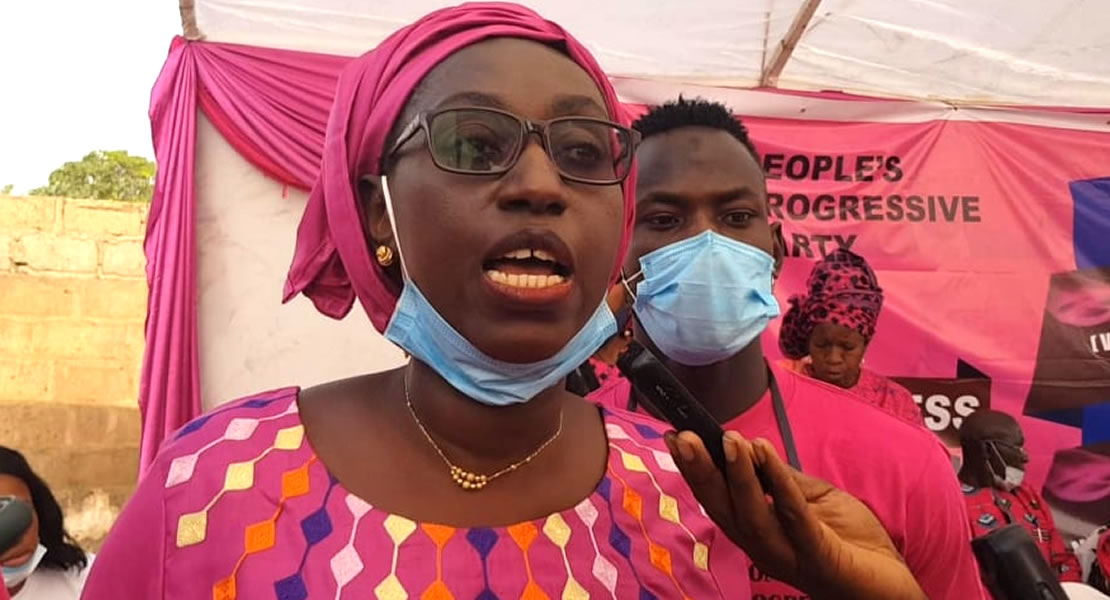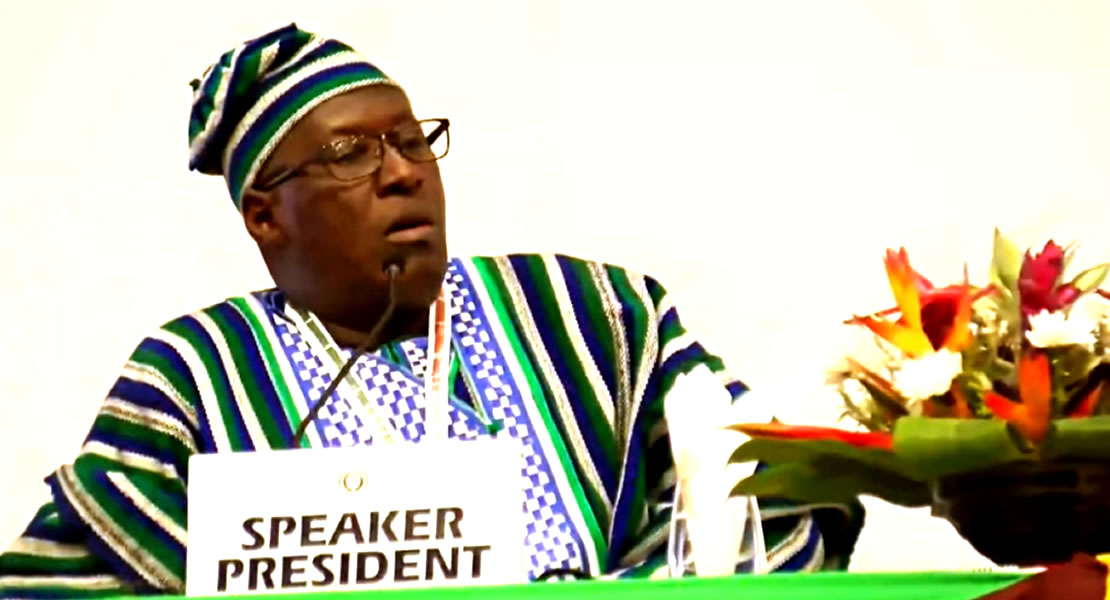
A representative of Gambia, to the Economic Community of West African States (ECOWAS) Parliament, Fatoumatta Njai, has said the issue of women empower should start from the parliament, before other institutions within the sub-region are encouraged to obey it.
According to her the Community Parliament must lead by example and if National Assemblies, send the list of their representative without complying with thirty percent female representation, it should be returned to ensure it is complied with.

“If they do not have the numbers of female representative, we should ask why, because it is not the fact that women are not there, but it is because women do not win elections, why should women not win elections. We should make sure that the grounds are level so that women can have same opportunity as their male counterparts. Seats can even be reserved for females to encourage them build them up so that we have the numbers represented in the Community Parliament”.
In a telephone interview on Monday with Ghanamps.com, ahead of a delocalised joint Committee meeting in Monrovia Liberia, on the theme “Empowerment of women in the ECOWAS Region”, she noted that her country, the Gambia had just validated Female Representation Bill on Saturday, April 10, 2021 that would increase the female representation in her country’s Parliament.
And, lamented over, member states not obeying female representation at the Conference of Bureau.
As to whether the Community Parliament is taking the issue of Women empowerment serious, she noted that the Rt. Hon Speaker Tunis has placed emphasis on the issue of women empowerment.
“Like you said, if we are represented we would go for issues that would empower women, who speaks better than oneself?”
She urged National Parliaments to send thirty percent females like they are required by their rules of procedure, and lamented over countries falling short of this requirement.
“Nigeria out of thirty-fiver representation has only two females, again the issue is not that some countries do not want to send female representation but just that those to represent are not there”.
Kwaku Sakyi-Danso/Ghanamps.com